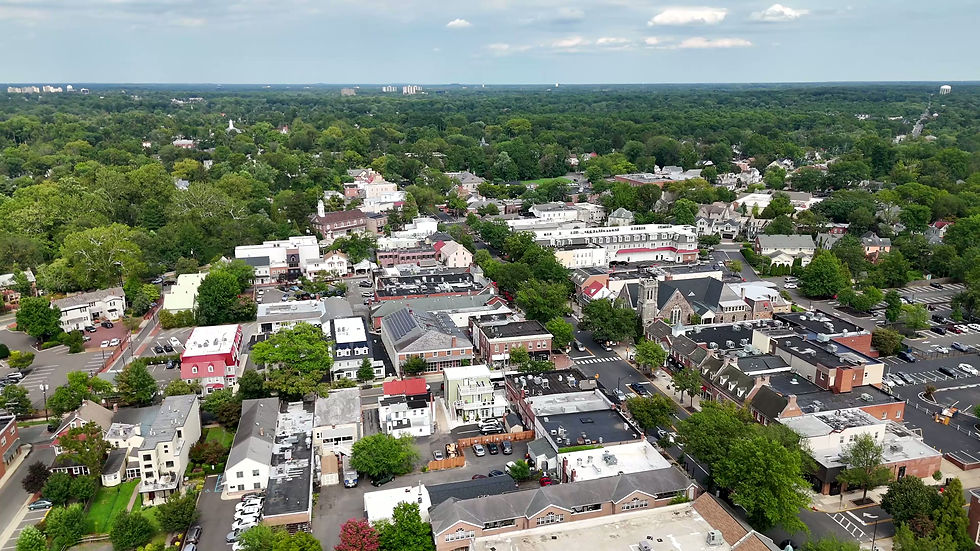Haddonfield, NJ
Cleary Dental Family And Cosmetic Dentistry
YOUR DENTIST IN HADDONFIELD, NJ
Our mission at Cleary Dental is to foster a welcoming environment for both our patients and staff alike, where all are equally respected and valued. Our office strives to build positive personal connections and relationships between our staff and our patients. Providing exceptional care and service comes easy when pushing to achieve something even greater.

Meet Dr. Courtney Cleary
Dr. Cleary is passionate about providing the highest quality of dental care to her patients in a friendly and comfortable environment. Dr. Cleary is experienced in placing and restoring dental implants, placing fillings and crowns, fabricating dentures, extractions, managing TMJ pain, and cosmetic veneers. She is a life long learner of dentistry and is a member of the American Dental Association, the Academy of General Dentistry, and a Spear Study Club. She recently joined the American Academy of Facial Esthetics so she can begin providing Botox and dermal fillers as a service for her patients.
Member of



Patient Reviews




